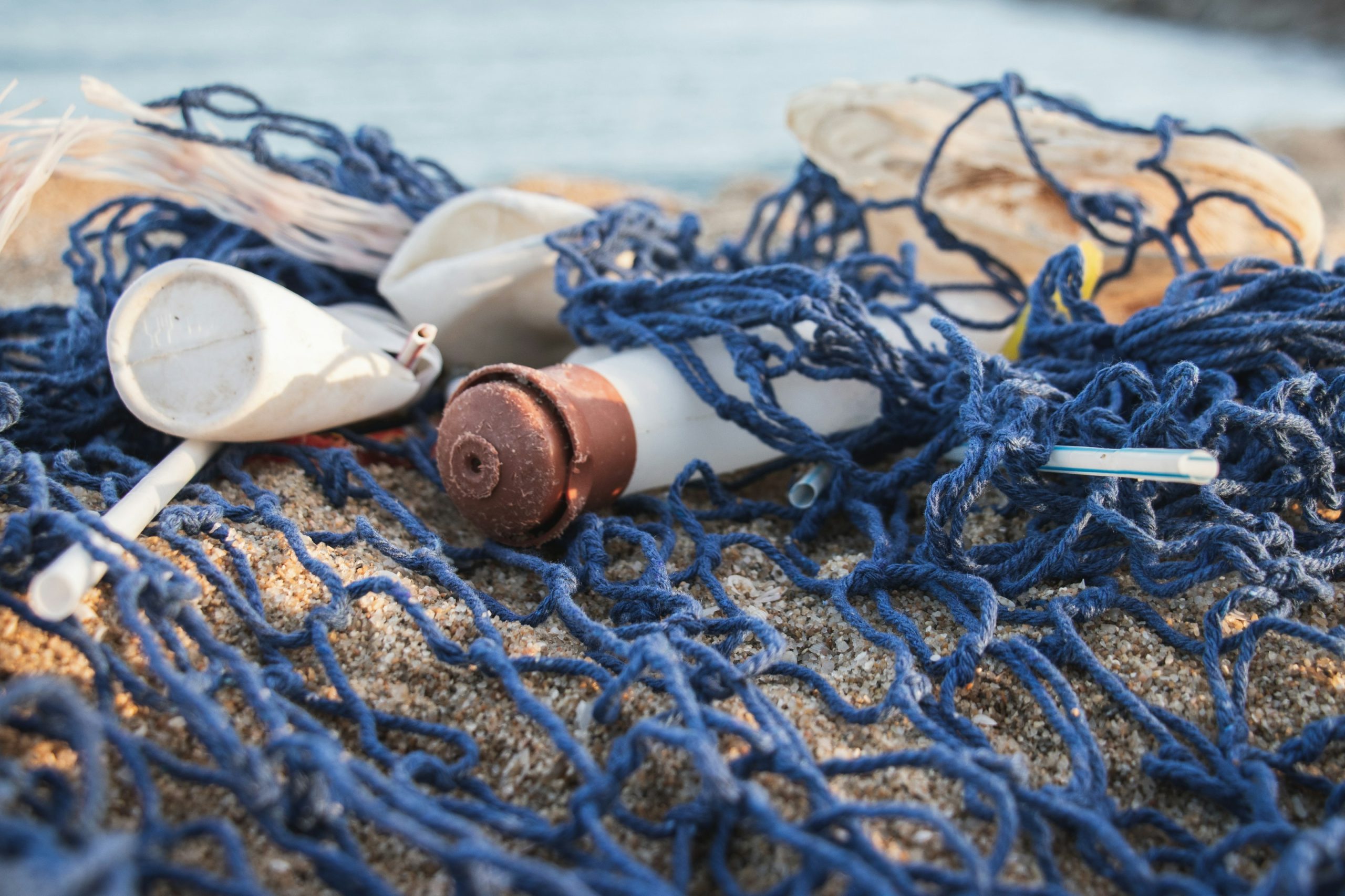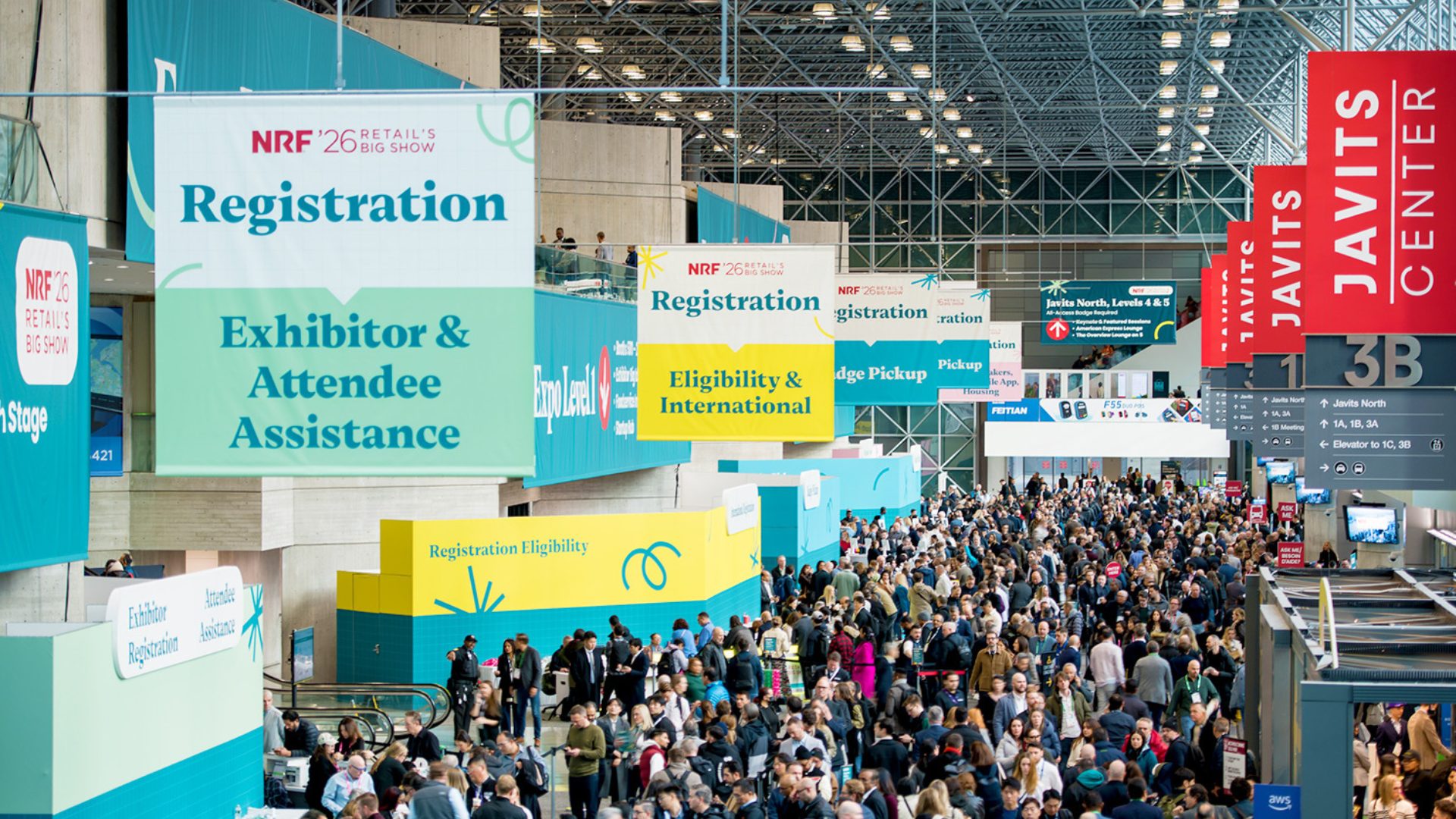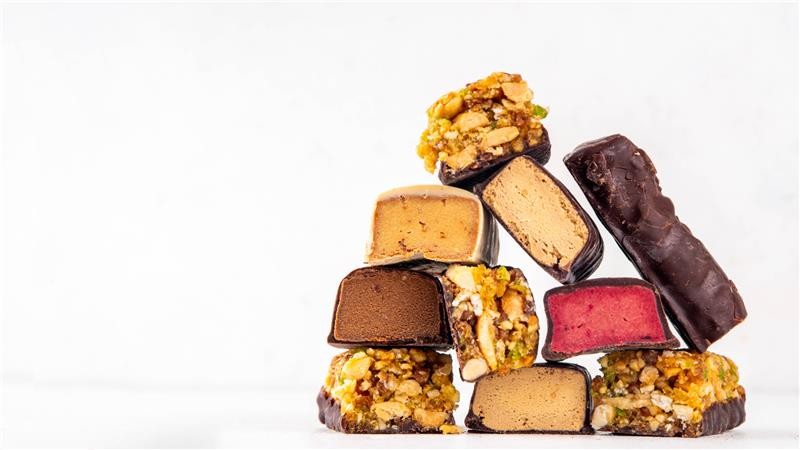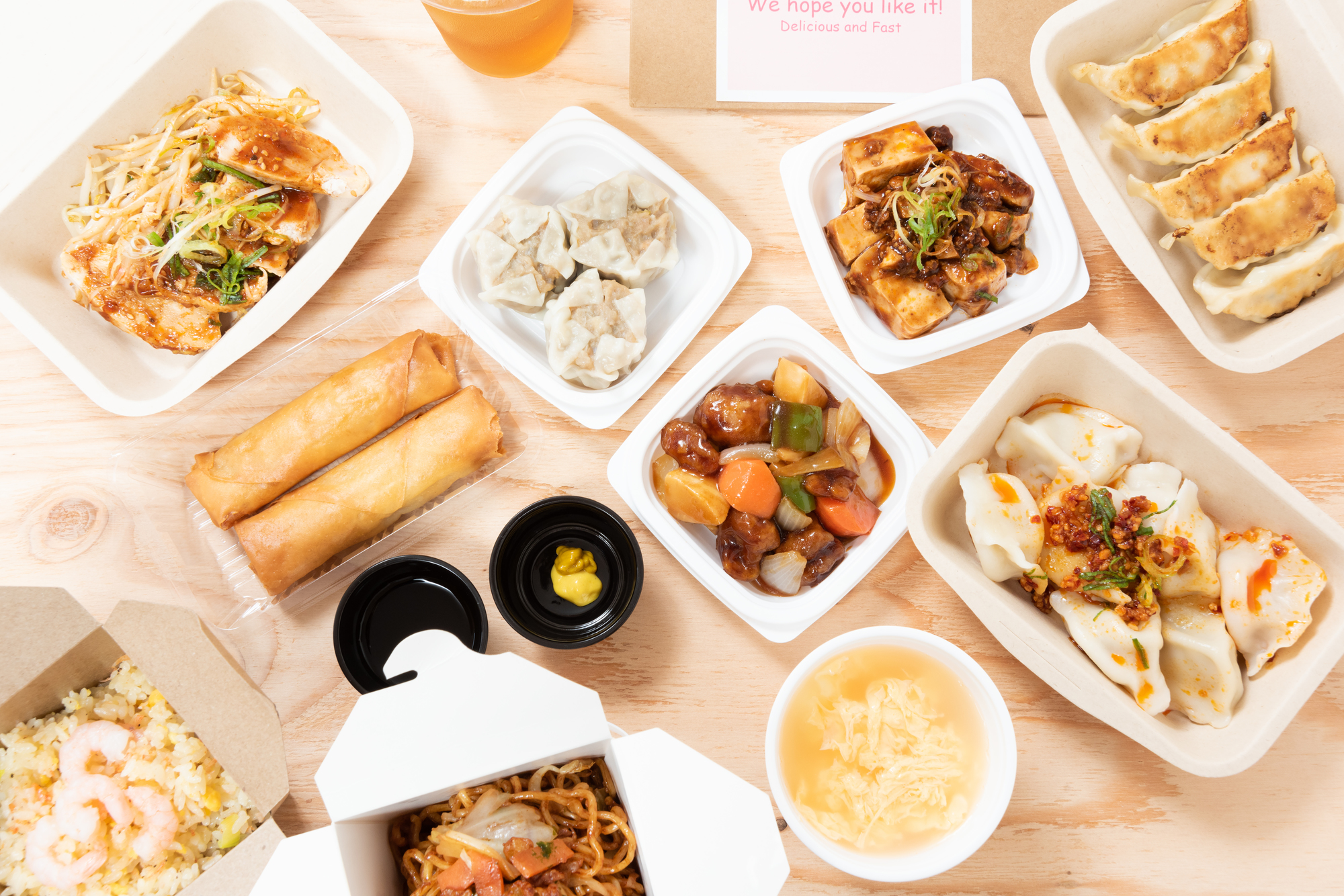As the coronavirus pandemic continues to accelerate, several sustainability initiatives have experienced reversals due to safety concerns.
The plastic bag industry, which has faced a wave of bans across the U.S., is using the coronavirus to try and block laws prohibiting single-use plastic, reported The New York Times (March 26).
“We simply don’t want millions of Americans bringing germ-filled reusable bags into retail establishments putting the public and workers at risk,” an industry campaign that goes by the name Bag the Ban warned.
The Plastics Industry Association is also lobbying to reverse plastic bag bans. It sent a letter to the U.S. Department of Health and Human Services requesting the department publicly declare that banning single-use plastics during a pandemic is a health threat.
“We ask that the department speak out against bans on these products as a public safety risk,” the industry group wrote. It suggested the agency should “help stop the rush to ban these products by environmentalists and elected officials that puts consumers and workers at risk.”
Plastic bag bans that were scheduled to go into effect were halted in several states, reported Fast Company (March 28). For example, Maine voted to delay its bag ban, as did New York State, while New Hampshire issued an emergency order banning reusable bags.
San Francisco, the first major U.S. city to ban single-use plastic bags in 2007, banned reusable shopping bangs amid coronavirus fears, reported Delish (April 5).
“This fear of bringing reusable bags into the stores is misguided, but I certainly understand why store employees don’t want to handle somebody else’s things,” Mark Murray, executive director of Californians Against Waste, told Politico. “I wouldn’t have any expectation that somebody is going to put my groceries into my bag that I brought from home.”
While some supermarkets started asking customers not to bring bags in from home, others are asking customers who use reusable bags to do their own bagging. Hy-Vee said it was no longer accepting reusable bags at its stores, while Price Chopper said on Twitter it was phasing plastic bags back into use at its stores in New York.
The science around reusable bags and their potential to spread disease has been debated. A study by researchers at the University of Arizona and Loma Linda University found reusable plastic bags can contain bacteria and that users don’t wash reusable bags often. The study recommended that shoppers simply wash their reusable bags, not replace them.
Environmental experts stress that single-use plastics can still harbor viruses and bacteria they pick up from their manufacturing, transport, stocking, or use.
A study by the U.S. National Institutes of Health found the novel coronavirus can remain on plastics and stainless steel surfaces for up to three days, and on cardboard for up to one day. Still, simply disposing of the bag would be safer in that case, according to proponents of single-use plastic.
Meanwhile, Starbucks is temporarily restricting the use of reusable, personal mugs, reported USA Today (March 5). In an open letter posted on the company’s website, EVP Rossann Williams wrote that the company has “taken a series of precautionary steps in response to this emerging public health impact.” Dunkin’ followed suit banning the use of refillable cups at its own stores a week after Starbucks, reported Fox News (March 10).








